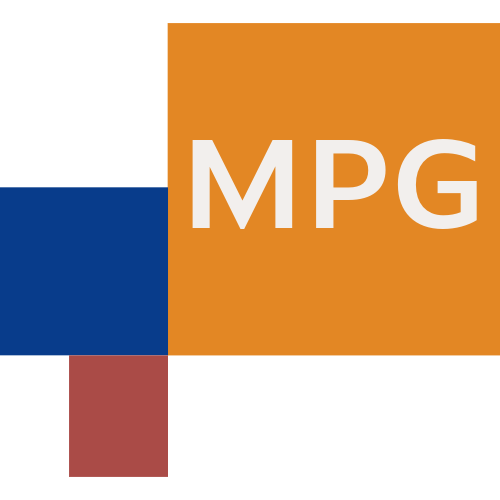menu
menu
Menu
cancel
- arrow_back_iosBacknavigate_nextpersonPersonal
- groupCommunities
- articleBlogs
- eventEvents
- sourceTemplates
- question_answerQuestions
- schoolLearning
- business_centerBusiness
- live_helpFAQ
What are the key components that should be included in an effective anti-corruption policy to ensure transparency and accountability within an organization or government?
How do international anti-corruption frameworks, such as the United Nations Convention against Corruption (UNCAC), influence national anti-corruption policies and legislation?
What mechanisms can be implemented to monitor and evaluate the effectiveness of anti-corruption policies, and how can these mechanisms be adapted to different cultural and legal contexts?
**How does real-time monitoring enhance decision-making processes in various industries?
- This question explores the benefits of real-time data in improving the speed and quality of decision-making across different fields such as healthcare, manufacturing, finance, and IT. 2. **Wh...
- This question addresses the potential obstacles and technical considerations, including data processing speeds, integration with existing systems, and ensuring data accuracy and reliability. ...
- This question focuses on the potential risks to data security and user privacy in real-time monitoring setups, as well as the strategies and tools that can be used to protect sensitive informa...
How can businesses effectively measure and report their social impact to ensure transparency and accountability to stakeholders?
In what ways can social impact investing drive positive change in underprivileged communities, and what are the potential risks involved?
How do public policies and government initiatives contribute to enhancing social impact on a national or global scale, and what challenges do they face in implementation?
